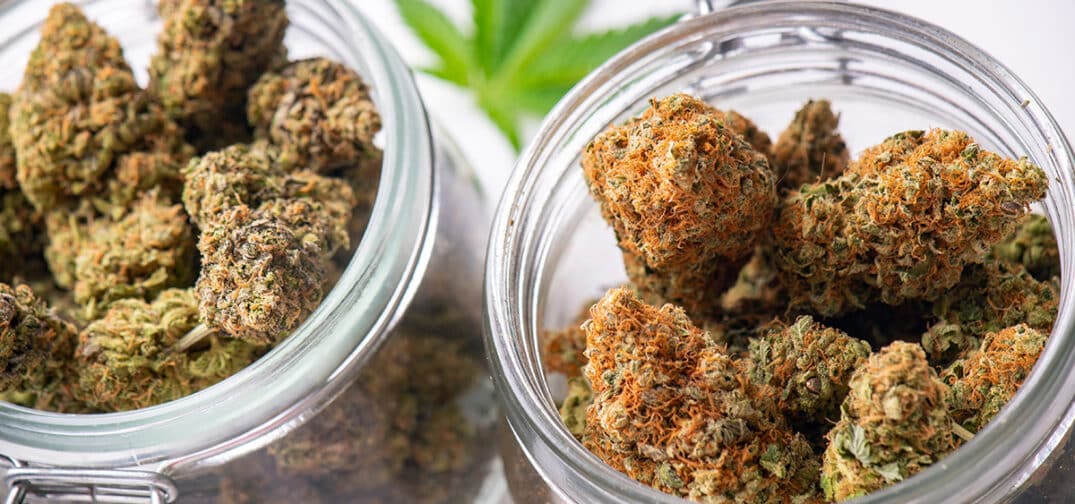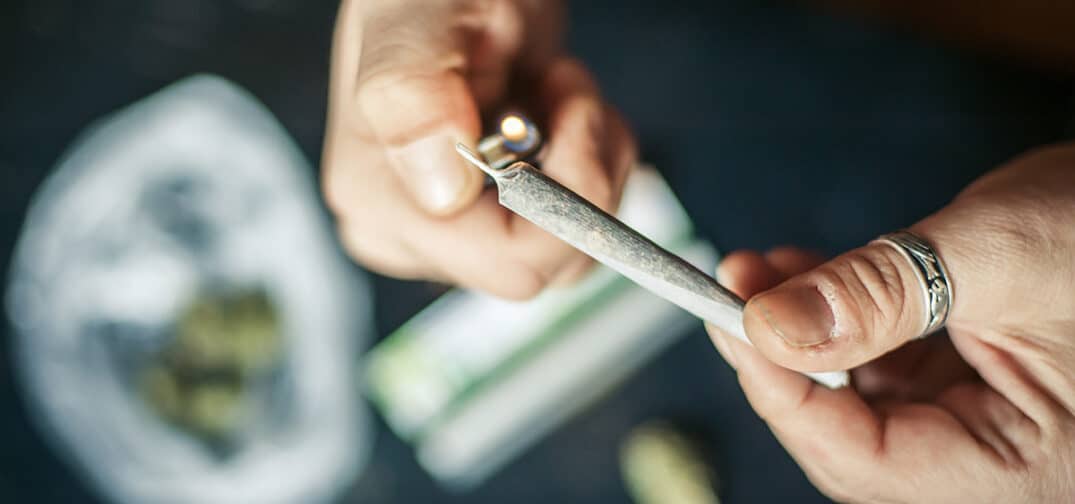Editor’s note: This editorial was contributed by Edwin Rubis, who is currently more than two decades into a 40-year prison sentence handed down for a nonviolent cannabis crime. His release date is 2033.
April 20 is making its rounds again this year. But it isn’t a celebration for me. Far from it. I will again spend it locked in a ten-by-twelve prison cell, going through the motions of another long and tedious day, feeling the deprivation of my freedom … the insatiable longing for my mother, father, sons, and the rest of my family.
The 24 years I’ve already served feel exhausting, burdensome, and claustrophobic. The resulting effects of committing a non-violent marijuana crime. Unjust, harsh, and wrongful. But not in the eyes of the politicians and judges who have the power to set me free. Not in the eyes of the people who have forgotten about me.
I detest sounding like a victim. The circumstances compel me.
The year was 1998 when I was hauled away to serve my time in the belly of the beast. I was struggling with a monkey on my back, yes. I was trying to make an extra buck, more than surely. But did it make sense to rip me away from my family (for decades on end) for selling cannabis to the highest bidder? Particularly when no guns, drugs, or money were found on me? “Hearsay testimony is all we need,” the prosecutor in charge opposingly said.
The inappropriateness of my arrest and conviction, and the severity of my 40-year sentence should call into question the execution of the drug laws in our country. But then again, who the heck am I to question those who legislate the law? In 2023, I’ve been incarcerated for 25 years for a non-violent cannabis crime and shall remain so for the next 10 years.
I shall try to keep on surviving in the land of the living dead, where there’s no 4/20 celebration, no profit margin to gain; just lonely prison days coupled with iron-fisted rules to subdue your self-will, to limit your life choices such as what to eat, what to say, what to read, who to call, and even when to pray; where the hostile, unfriendly, negative environment can utterly demoralize you, wear you down. And if you happen to throw the typical prison privileges into the equation for formality’s sake — the few hours of prison visits on the weekend, the 15-minute phone calls from a 500-minute monthly allowance, the basic channels on television, the limited, over-priced commissary snacks and processed food, the bare minimum assistance of health care, the leather and wood shop hobby participation, and the old acoustic guitars for the music program — then you have a picture of humanness … but if you carve under the surface, you’ll soon discover the corroding waves of carceral oppression, the restlessness, the human uneasiness, the insufferable woe, which compels anyone, well, let me say, everyone, to question their purpose for living.
How the heck do you survive such a place? I honestly don’t know. Only by God’s grace, I’ve been able to maneuver along the path of great resistance, filled with unexpected inmate drama and uncalled-for violence on the most inopportune occasions. Only by God’s grace, I’ve been able to overcome the gargantuan trauma and mental anguish I’ve suffered over the past several decades behind bars, to find the strength to accomplish over thirty education and rehabilitation programs, which include three college degrees. But what does this mean in the eyes of the decision-makers who have the power to grant me reprieve?
Nada.
My non-violent cannabis crime as it stands today resembles a crime for felony murder. Because the average time a convicted felon serves in federal prison for murder is 23 and a half years and, by this time, I’m way past due.
The only hope I can now cling to is for my fellow cannabis advocates, my unknown friends, to empathize with my heartless, cruel, and unjust situation, with my life (if it has any value … if it has any worth), and extend a lifeline to my family’s fundraiser, to help them set me free.
Without such help, the years will keep mounting up season after season, my life rusting away, little by little, without the consoling love of those who care about me, those I love. I’m reminded of the bitter emotions I felt the day I was taken away. The gavel struck and passed judgment: 40 years. My mother screamed and my wife cried. Tears rolled down my eyes. Saltiness touched my lips. My heart in pain, burning emotions choking my breath. Then led away by force, without a say so, without consent, to face the years I’ve already served … and the 10 I have left.
Edwin Rubis is a cannabis prisoner serving a 40-year sentence in federal prison working towards his Ph.D. in Christian Therapy. His release date is 2033.
You can help Edwin: https://fundrazr.com/829bk6?ref=ab_7CEpSd
You can send him a personal text message: (256) 695-0223
To learn more about ways to get involved, please visit www.lastprisonerproject.org.
ABOUT LAST PRISONER PROJECT
The Last Prisoner Project (LPP) is a national, nonpartisan nonprofit dedicated to cannabis criminal justice reform with the goal of releasing every last cannabis prisoner and helping them rebuild their lives. As the United States moves away from the criminalization of cannabis, giving rise to a major new industry, there remains the fundamental injustice inflicted upon those who have suffered under America’s unjust policy of cannabis prohibition. We work to redress these harms through legal intervention, direct constituent support, advocacy campaigns, and policy change. Visit www.lastprisonerproject.org or text FREEDOM to 24365 to learn more.























